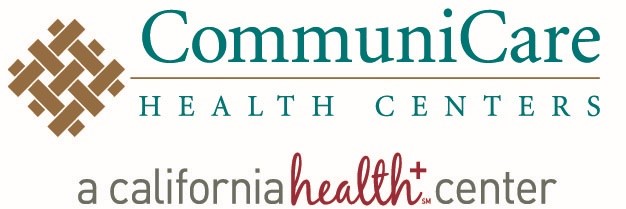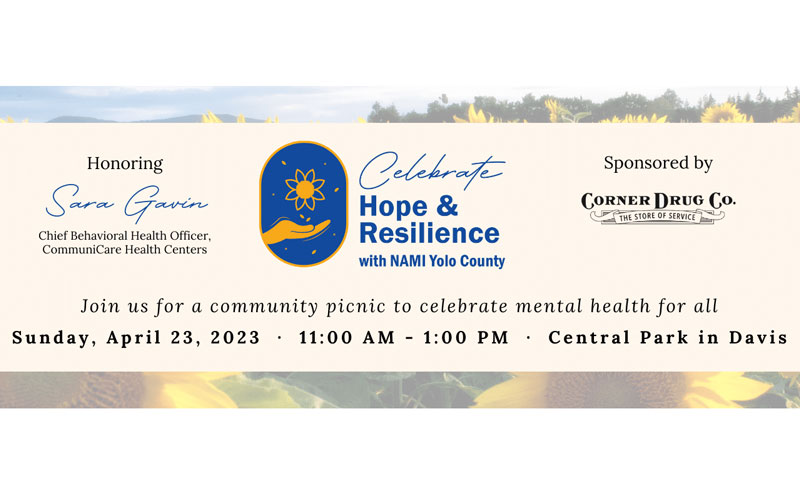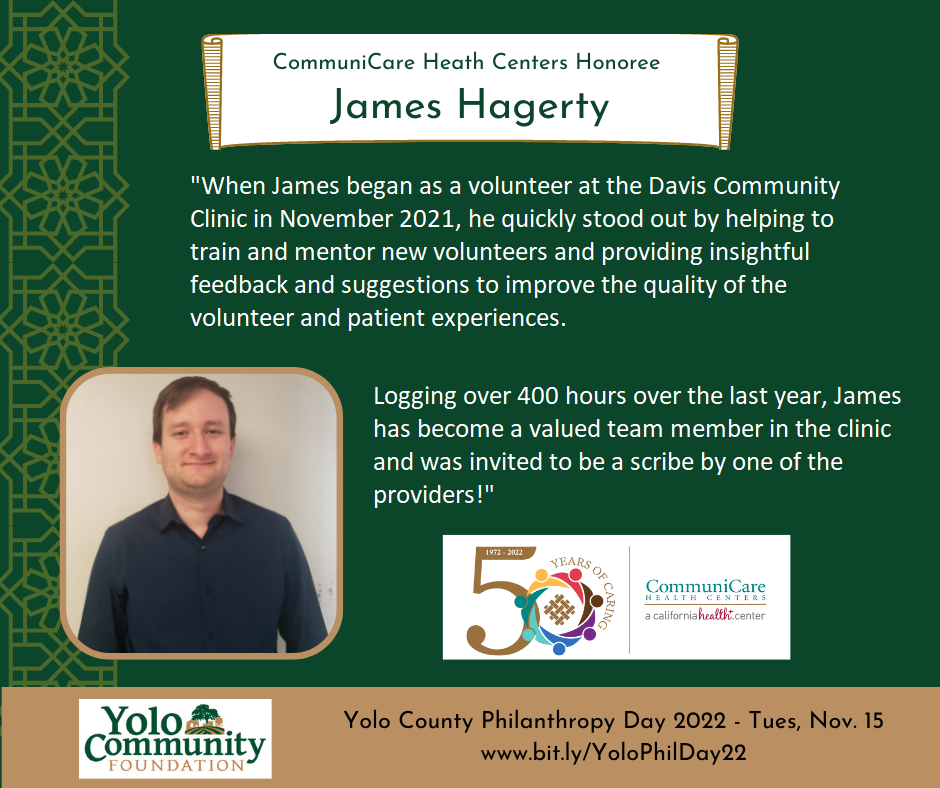Symptoms of Holiday Depression
Recognize the signs of major depression. If you experience the symptoms below, and they interfere with your normal relationships, seek help from your CommuniCare primary care physician, therapist, or counselor:
- Feeling depressed, sad and discouraged
- Loss of interest in once-pleasurable and enjoyable activities
- Eating more or less than usual, or weight gain or loss
- Trouble sleeping, or increased sleeping
- Feeling slow or restless
- Lack of energy
- Feeling hopeless, helpless, or inadequate
- Difficulty concentrating
- Difficulty thinking clearly or making decisions
- Persistent thoughts of death or suicide
- Withdrawal from others and lack of interest in sex
What you can do:
Make the most of the daylight — The change to standard time and shorter days can have a real physical and emotional impact, including decreased energy, sadness, decrease in interest or pleasure in activities, sleep disturbance and less overall physical activity. Make the most of the daylight hours, and try spending as much time outside as you can.
Be mindful of alcohol — Social pressure to drink at holiday parties and gatherings can create heightened stress levels and lead to overconsumption. If you are in addiction recovery, this pressure can lead to relapse. Know your own risk level and remember that it is okay if you don’t feel festive. For those in recovery for alcohol or other substance use, the holidays can be an especially vulnerable time. Alcoholism and addiction are disorders that commonly occur with depression.
Get rest — During the holiday season, people spend time celebrating, meeting others and diverting from normal routines. Decreased sleep is a major contributor to feeling tired and lethargic during the day, and may contribute to increased rates of depression. Balance activities with a full night of restful sleep.
Limit your scheduling — The holidays seem to add pressure to get together with all your friends and relatives. This results in a packed schedule and you may feel rushed and burdened by the need to interact with so many over such a short period. Be mindful of your time and energy and don’t overbook yourself.
Plan your time — Holiday shopping often adds a great deal of stress and pressure that can provoke irritability and intolerance, including dangerous driving and road rage. Saying ‘no,’ whether it’s to attending gatherings or finding a present on someone’s wish list that you simply cannot find, can be one of the most challenging parts of the season. Put your own mental and physical well-being needs first.
Exercise — Exercise is well-documented for its anti-anxiety, anti-depression effect. Even a small amount of exercise, such as parking further from the store, can do a great deal to improve your state of mind.
Be realistic — There’s a lot of cultural pressure during the holidays to compare ourselves with idealized notions of perfect families and perfect holidays. Unrealistic expectations that you should meet these high standards can be a let-down and trigger depression, stress and anxiety. Try to be realistic and emphasize your strengths rather than weaknesses.
Make time for yourself —Keep your own well-being in mind. The holiday season increases your focus on providing things for other people. This can deplete your reserves and energy and may amplify symptoms of anxiety or depression. Practice self-care and look out for yourself during the holiday period. The holidays are a wonderful period to reflect, reassess and make plans for your future.
CommuniCare’s Behavioral Health Care team works closely with our medical, dental and perinatal providers to ensure that we are treating the entire individual. We provide a wide range of services to support your whole body wellness. We treat everyone, regardless of income or insurance, and provide youth and adult counseling, suicide prevention, family counseling and addiction recovery services.
Call any of our clinic locations to make an appointment. If you are experiencing a crisis, an emergency CRISIS LINE is available 24/7 at: (888) 965-6647 / TDD (800) 735-2929.




